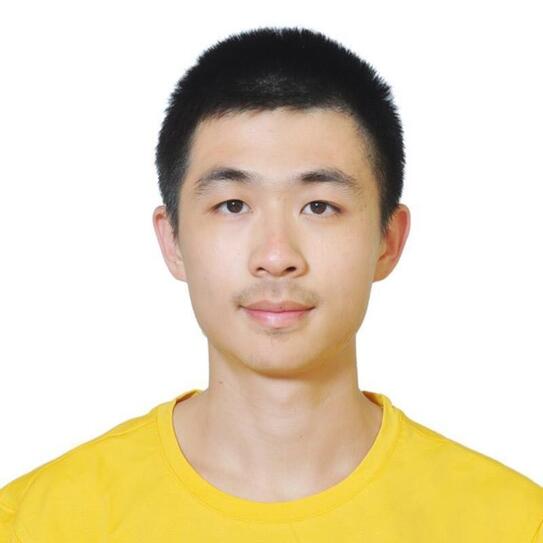Robert Zhu

What brought you to business school? Why did you choose Columbia?
My undergraduate course of study was accounting and applied mathematics. I also had some internship experience, which allowed me to gain some insights into business analytics and develop my leadership skills in critical thinking, effective communication, and problem solving. These experiences solidified my career direction in business analytics and brought me to business school.
Fundamental analytics, the intersection of business and data science, is a game changer in today’s dynamically evolving marketplace. Meanwhile, accounting methods and data analytics, no matter how advanced machines become, will always need human insights. I believe Columbia Business School’s MSAFA program addresses this compelling need for skilled and talented individuals who can understand data, think from a business perspective, and add a human aspect to decision making.
What is it like going to business school in New York City?
Since the Business School is immersed in the global business hub of New York City, a significant city for conducting and learning about business, it offers unparalleled access to the top global corporations from across all industries — either in the classroom, throughout the city, or around the world. Nothing is more exciting than studying business in this iconic city — home to the financial giants of Wall Street and the advertising giants of Madison Avenue. I am looking forward to exploring more about the opportunities this city and the School has to offer during my remaining time at Columbia.
Favorite faculty/courses so far?
Professor Paul Tetlock’s Capital Markets & Investments course. Professor Tetlock is highly experienced in leading his class, easy to understand and follow, offers clear teaching themes and ideas, and strong logic. The collaborative class atmosphere makes students more willing to exchange opinions, cooperate with peers to participate in the discussion, and promote active learning.
What do you want to do next? How has Columbia uniquely prepared you for your future?
Post-graduation, I intend to look for careers in investment advisory, equity and credit analysis, and consulting.
During the MSAFA program, my goal is to develop competence through a carefully constructed curriculum of PhD and MBA courses in accounting, fundamental analysis, statistics, finance, and economics. To enhance in-class learning, I also plan to join a practicum project to gain professional experience, like the Innovation and Entrepreneurship @ Columbia. Also, under an alumni coach, programs like the Nonprofit Board Leadership can further enhance my skills by leading projects, gain insights into board management, and learning how to guide a team to overcome challenges.
What will you take with you?
I would expect the MSAFA program will equip me with comprehensive knowledge, strong leadership skills, and advanced problem-solving capabilities, that will give me a competitive edge as I continue to develop my career in an evolving business world.